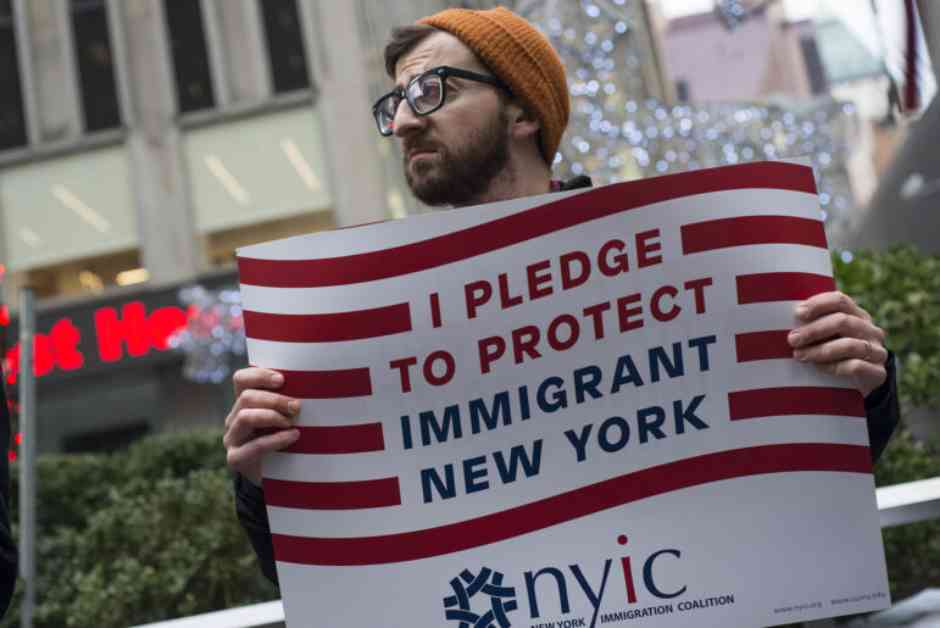In recent years, there has been a significant increase in the number of states in the United States creating their own immigration laws. According to a report by the League of United Latin American Citizens (LULAC), between 2020 and 2024, 561 immigration-related bills and resolutions were introduced by various states, with 74 being approved by state legislatures, representing 13.2 percent during that period.
The report highlights a 357 percent increase in anti-immigration legislation since 2020, with a large number of proposals seen in the most recent legislative sessions: 132 in 2023 and 233 in 2024. This surge in anti-immigration legislation has raised concerns about the increased risks faced by Latino communities, emphasizing the tangible threats posed by these legislative advances.
The enactment of Title 42 under the Trump administration led to 17 states proposing anti-sanctuary policies, accounting for a third of the 51 migration-related proposals that year. In 2021, following the elections and false claims of electoral fraud, several states focused on proposing measures to verify voter eligibility, with a total of 14 proposals, while 39 initiatives criticized the immigration policy of the newly inaugurated Biden administration, contributing to a 59 percent increase in anti-immigrant proposals.
In 2022, there were 14 proposals aimed at penalizing the employment of undocumented workers and unauthorized work. The following year, 2023, saw a 106 percent increase compared to the previous year, with two proposals attracting attention: Texas’ SB 4 law—which was fought in courts—and Florida’s SB 1718, which was also challenged and estimated to have cost billions of dollars a year after its implementation.
To delve deeper into this report, the authors and researchers, Marcos Montoya Andrade, a research and policy fellow at LULAC, Ray Serrano, director of research and policy at LULAC, and Alba Villa, director of development at LULAC, were invited to discuss the findings.
It is evident that the issue of immigration laws at the state level is complex and multifaceted, with various factors influencing the legislative decisions being made. The podcast “El Diario Sin Límites,” a collaboration between Ciudad Sin Límites and El Diario de Nueva York, aims to explore the intersection of Latinos and politics in more detail. By subscribing to the podcast on platforms like Spotify, Soundcloud, Apple Podcasts, and Stitcher, listeners can stay informed about the latest episodes and insights on this important topic.


